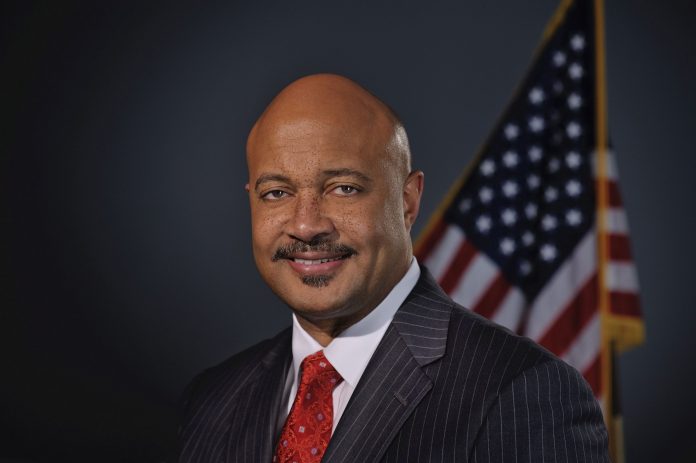New partnership aims to provide direct outreach, support to minority employers; small businesses encouraged to leverage available grants, loans to aid recovery
Governor Eric J. Holcomb today provided updates on the state’s efforts to support Indiana small businesses and entrepreneurs, announcing a new partnership with Indiana Black Expo (IBE) to increase access to economic and workforce recovery programs for minority employers and encouraging small business owners to apply for funding available through state and federal programs.
“As a state, we’re committed to ensuring that our businesses and our people have access to vital economic and workforce assistance during this unprecedented time,†Gov. Holcomb said. “Launching this new partnership with Indiana Black Expo will expand the state’s capacity to provide critical COVID-19 resources to minority businesses and workers, while further positioning Indiana for long-term, sustainable economic recovery.â€
Indiana Black Expo (IBE) partners to expand COVID-19 economic & workforce recovery through education, community outreach & new programming
Gov. Holcomb approved $500,000 in federal funding made available through the CARES Act to support minority-owned businesses and entrepreneurs and communities negatively affected by COVID-19. The funding will enable IBE, a statewide nonprofit organization committed to the social and economic advancement of Indiana communities, to launch a targeted, statewide promotional campaign and develop community outreach programs to raise awareness of available resources and funding, enhancing participation in critical economic and workforce recovery programs.
Through this new partnership, IBE will also provide direct technical support to employers by connecting minority-owned businesses and minority Hoosiers with critical COVID-19 resources; developing educational initiatives, including a webinar series for minority business owners; and increasing collaborative partnerships with existing state resources, such as the Indiana Small Business Development Center (Indiana SBDC) and Next Level Jobs, to offer training and counseling services.
Through these efforts, and by leveraging IBE’s 12 chapter affiliates and an extensive network of African American Hoosiers across the state, this partnership aims to increase awareness and utilization of available funding and resources among minority businesses and workers to ensure recovery initiatives are inclusive across Indiana. IBE’s efforts will focus on ensuring a long-term, sustainable economic recovery, providing resources to enable immediate relief while also working to foster long-term business growth by encouraging and supporting minority small businesses, entrepreneurs, and startups.
â€COVID-19 is devastating our communities and the result is an uneven economic impact on African-Americans,†said Tanya McKinzie, president & CEO of IBE. “IBE is looking forward to partnering with the state to ensure that the African American community and minority-owned businesses are accessing the state’s economic and workforce recovery opportunities and are receiving tools and resources necessary to stay afloat during and after this pandemic.â€
Applications open for Indiana Small Business Restart Grants
Since its official launch on June 3, the state has received initial applications from nearly 460 small businesses representing 69 counties for small business restart grants. The program, which committed at least $5 million of the $30 million allocated to the fund toward minority- and women-owned businesses, has received applications from 13 certified minority-owned businesses and 26 certified women-owned businesses. Eligible small businesses can seek reimbursement for up to 80% of qualified expenses, such as rent/mortgage payments, utilities, lease payments for real or personal property, and safety investments, such as personal protective equipment (PPE) and infrastructure improvements.
 More information on the program is available here.
Federal small business loans available through Paycheck Protection Program until June 30
Administered by the U.S. Small Business Administration, the Paycheck Protection Program (PPP) provides forgivable loans to eligible small businesses and organizations impacted by COVID-19. If payroll is maintained for eight weeks, the loans may be used to cover payroll, interest on mortgage obligations, rent, or utilities. To date, 75,183 loans totaling nearly $9.4 billion have been awarded to Indiana small businesses.
With nearly $130 billion in funds remaining, small businesses are encouraged to apply before the June 30, 2020, deadline. Businesses may contact their nearest Indiana Small Business Development Center office for assistance in preparing applications or finding approved lenders.
Â






